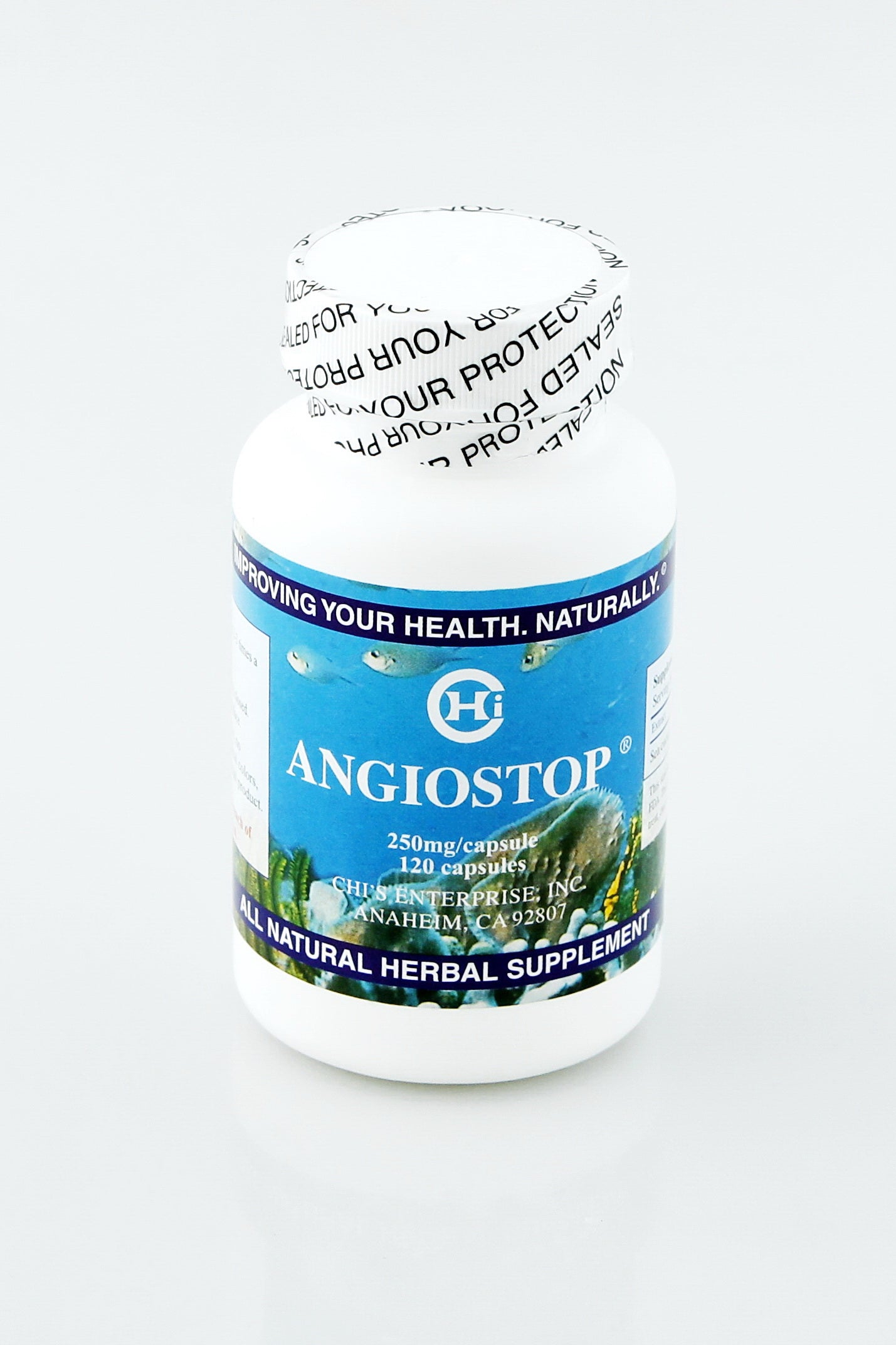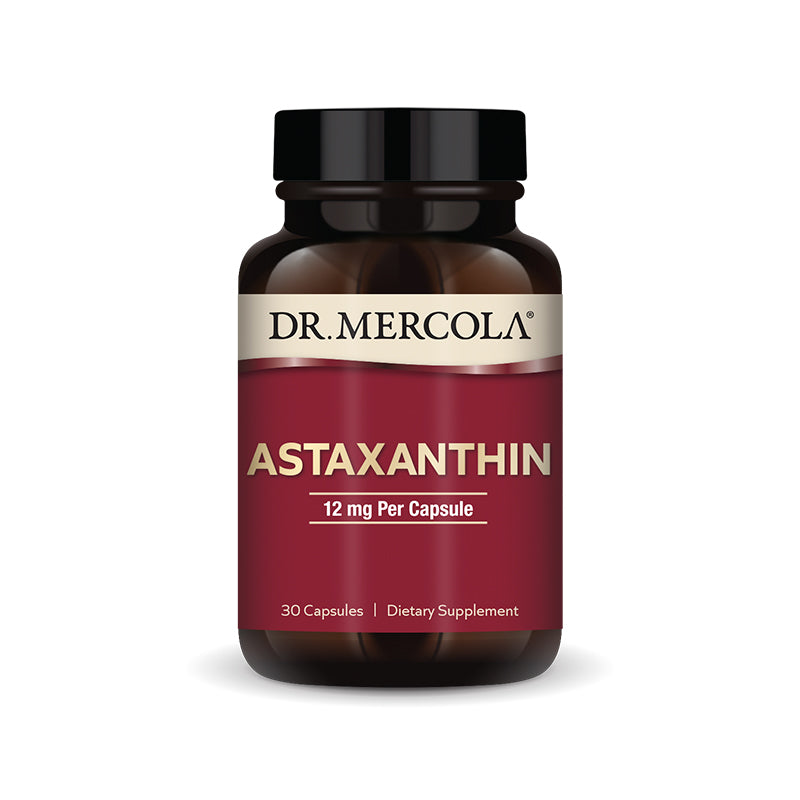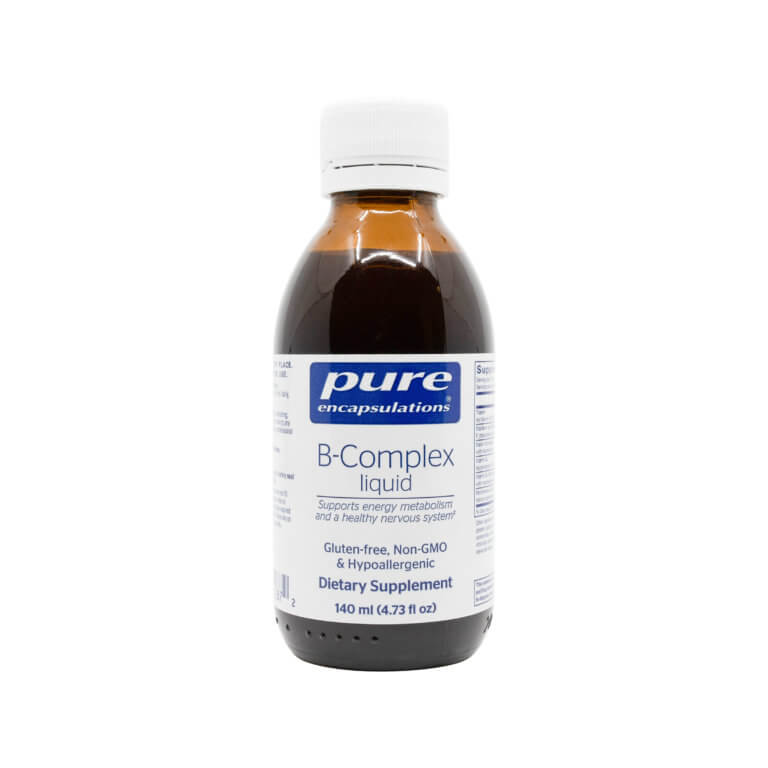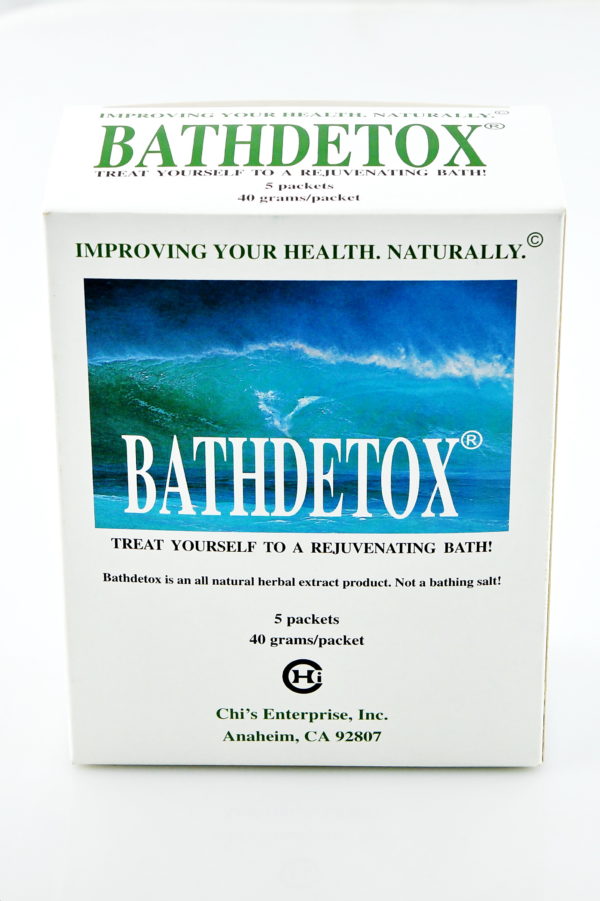By Glen Depke, Traditional Naturopath
There’s many different symptoms you may experience when dealing with a digestive problem and there are many difference causes of digestive issue also, but today I am going to share with you the single biggest factor for your digestive that I see with clients on a consistent basis.
So really, what’s in your poop?
Before I answer that question for you let’s look at some common symptoms that you my be enduring due to your surprise visitors in your poop.
You may experience any of these symptoms below and notice that not all of them are tied directly into your digestive system.
- Bloating
- Diarrhea (loose or watery stool)
- Constipation (one bowel movement daily or less)
- Recognized food in your stool
- Fatigue
- Brain fog
- Poor comprehension
- Anxiety or nervousness
- Depression
- Inflammation
- Pain
- Adrenal fatigue
- Get colds or sick often
- Low immunity
- Leaky gut
- And the list goes on…
What’s in Your Poop Creates Many Challenges for Your Body
What’s in your poop is very often a pathogen or plural, pathogens. What I mean by this is some type of bad bacteria, H-Pylori infection, parasite, protozoa, amoeba and/or yeast infection, just to name a few.
It used to be years ago, only about 5 or so years, that when I would suspect some type of pathogen, my client would have one, or maybe two pathogens. These days though, when I suspect a pathogen, it seems that there are at least two and often many more.
I have recently reviewed pathogen reports where clients have 3, 4 and even 5 pathogens.
Yikes!
Common Pathogens
Here is a list of common pathogens that I see with my clients just like you and some of the underlying challenges that they cause.
Citrobacter freundii
As an opportunistic pathogen, Citrobacter freundii is responsible for a number of significant opportunistic infections. It is known to be the cause of a variety of infections of the respiratory tract, urinary tract, blood and several other normally sterile sites in. C. freundii represents approximately 29% of all opportunistic infections. Therefore, one of the chief reasons many different strains of the C. freundii genome are being sequenced is in order to find antibiotics that can fight these opportunistic infections.
- Gastroenteritis
- Ulcerative Colitis
- Inflammatory Bowel Syndrome
- Rheumatoid Arthritis
- Hydrogen Sulfide (H2S) producer (mitochondrial disruptor)
- Systemic Inflammation
Candida albicans (any form of yeast or fungus)
- Fatigue
- Brain Fog
- Bloating from carbohydrate foods
- Colitis
- Myotoxin: gliotoxin
- IgA damaging
- Liquidy stools
- Overgrowth in G.I. tract allows vaginitis
- Allergy to candida = systemic reaction
Blastocystis hominis
“Blasto” is a protozoal-type microbe, can infect the human digestive tract causing an array of different symptoms listed below.
- Colitis
- Irritable Bowel
- Crohn’s
- Frequently Asymptomatic
- Nausea, Vomiting
- Diarrhea
- Fever
- Anorexia
- Abdominal distention
- Often accompanies candida overgrowth
Enterobacter cloacae
Any of various rod shaped bacteria of the Enterobacteriaceae family. Includes some pathogens of plants and animals such as the colon bacillus and salmonella. Enterobacters are highly adaptable and quickly become antibiotic resistant.
- Respiratory infections
- Urinary tract infections
- Endocarditis
- Extracellular matrix infections
- Osteomyelitis
- Central Nervous System Infections
- Intestinal overgrowth linked with obesity
Escherichia coli
E. coli is a gram-negative, facultatively anaerobic, rod- shaped bacterium of the genus Escherichia that is commonly found in the lower intestine of warm-blooded organisms. Most E. coli strains are harmless, but some types can cause serious food poisoning in their hosts, and are occasionally responsible for product recalls due to food contamination.
- Diarrhea (watery to bloody)
- Abdominal cramping
- Nausea, Vomiting
- Urinary Tract Infections, Kidney Failure
- Anemia
- Colitis
- Increased epileptic seizures
- Gastroenteritis
- Septic arthritis
- Hemolytic Uremic Syndrome (blood clots in capillaries)
Helicobacter pylori
H. pylori is a bacterium that causes chronic inflammation of the inner lining of the stomach (gastritis) in humans. This bacterium also is considered as a common cause of ulcers worldwide; as many as 90% of people with ulcers have detectable organisms.
- Low Stomach Acid
- Poor protein breakdown
- Poor mineral absorption
- Stomach Ulcers
- Loss of Intrinsic Factor (B-vitamin absorption)
- Gastritis
- Esophagitis
- GERD
- Diabetes
- Belching, Bloating
- Nausea, Vomiting
- Releases inflammatory Cytotoxin Vac A
- Inflammation – Elevated Hemaglobin A1C
- Fatigue
- Dark, tar-like stools
- Bad Breath
- Heart burn
- Low appetite
These are just a few of the almost endless pathogens that you could be exposed to and this is an example of when the saying “ignorance is bliss” does not work.
You want to know when your body is dealing with any pathogen because of the long term implications this can have on your health.
While some of my clients have noticeable digestive issues, many are just like you and they do not have these symptoms. Remember though, what’s in your poop does not necessarily mean you have a gut issue.
If you have been struggling to overcome health issues over the years with limited success or if you have some new nagging symptoms that have not been understood and explained, it is time to look at what is in your poop.
Pathogen Testing
Here at Depke Wellness we use a test called the #401H GI Pathogen Screen with our clients. This test will look at the potential of many pathogens.
- Ova & parasites
- Giardia lamblia
- Cryptosporidium parvum
- Helicobacter pylori
- Occult blood
- Visual and automated identification of bacteria, including, but not limited to: Citrobacter, Enterobacter, Enterococcus, Escherichia, Klebsiella, Proteus, and Pseudomonas
- Visual and automated identification of yeast, including, but not limited to Candida
For our local clients we also utilize Applied Kiniseology (AK)
AK is also know as muscle strength testing, is a method of assessment based on the belief that various muscles are linked to particular organs and glands, and that specific muscle weakness can signal distant internal problems such as pathogens, nerve damage, reduced blood supply, chemical imbalances or other organ or gland problems.
When possible we use the combination of the #401H test and AK but for our distance clients we focus on the stool testing specifically.
If you have any comments or questions regarding this article please post this on our Facebook page or on our Twitter page for us to address personally.
Apply for Your Opportunity to “Feel Young Again” With Depke Wellness
You can also call our office direct at (800) 960-2755.
“The products on this page have not been reviewed by the Food and Drug Administration. These products are not intended to diagnose, treat, cure, or prevent any disease.”











